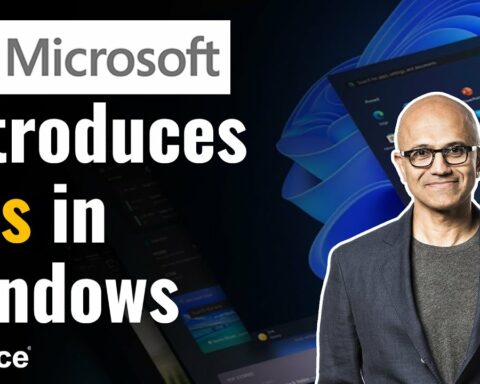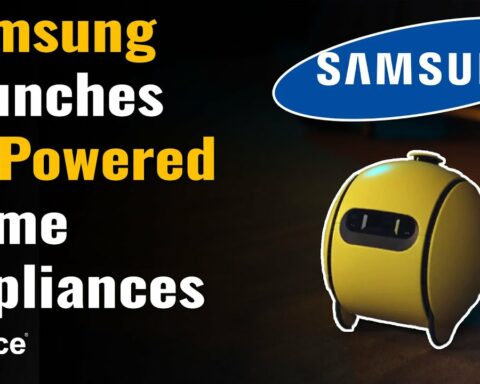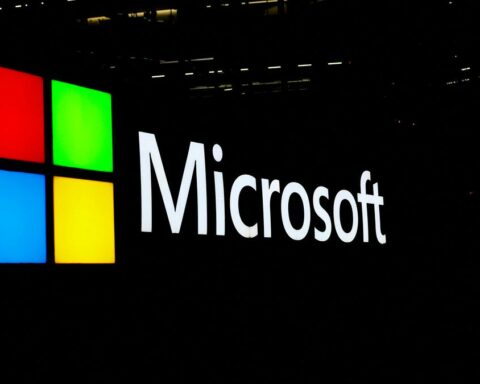Android is not the only choice when it comes to open source mobile operating systems. You can’t ignore these options!
You may be aware of iOS, Android, BlackBerry OS, Windows Phone, but there are quite a few less-talked lesser-known mobile operating systems that are really impressive. And what’s even better is that they are all open source. Operating systems based on Linux are a lot different than typical linux distribution for PC, except for Ubuntu for phone, which was recently launched by Canonical.
Let’s take a look at the Linux-based mobile operating systems, that are worth a try:
1. Ubuntu Phone
Canonical has developed open source Ubuntu for phone with intention of bringing standardisation in desktop and mobile operating systems. Ubuntu phone is a version of Linux distribution. It is the only mobile OS which is close to typical Linux distributions. User can install this OS on any device like, smartphone, tablet, TV, desktop PC. The OS is optimised for all types of gadgets, the interface automatically changes from device to device. Like, you will see interface optimised for keyboard, mouse, large display when installed on PC. This version of Ubuntu is similar to Unity desktop, which automatically resizes to adapt screen size and devices.
User can simply dock Ubuntu phone and use full fledge Linux on PC. It’s a bit similar to Microsoft’s vision of combining Windows Phone and Windows 8 OS. Canonical has same vision, they want to create a platform which runs same apps optimised for different devices and interfaces.
2. HP webOS
We have seen webOS running devices in market. webOS originally belonged to Palm but, HP acquired Palm in 2010. HP had broad vision for webOS. They had planned to launch smartphone, tablet, printer and even PCs running webOS.
However, webOS didn’t do well in the consumer market. So, HP moved it’s focus from webOS devices and moved back to manufacturing business of PCs. HP had launched overhyped HP TouchPad tablet running webOS. The tablet was priced at $500, but it couldn’t survive in its fight with Apple’s iPad. HP even slashed down price of TouchPad to $99 but still, it didn’t do well in market. The source code is now made available publicly by HP. It is called as “webOS Community Edition.”
Last year, HP implemented webOS on LG Smart TVs. This was new initiative as compared to old, complex interfaces on other smart TVs. LG has no plans to bring back webOS to smartphones as of now. webOS runs different web apps. Many of webOS’s features were innovatory, webOS’s multitasking cards is now seen in iOS7’s multitasking interface. webOS’s features were not marketed properly. LG is now promoting Open webOS Project.
3. Samsung Tizen
Samsung’s open source mobile operating system, Tizen is based on Linux foundation. Samsung’s custom UI for their Android products, TouchWiz is inspired from Tizen’s UI. The main issue with Tizen is, it has no apps or app store. Samsung can promote developers to develop apps for Tizen if they ever decide to end their partnership with Google for Android smartphones. Tizen is designed to run Android apps. Samsung’s Gear 2 smartwatch runs Tizen OS.
Samsung doesn’t have any big plans with Tizen as of now. It’s just their backup plan after Android. Tizen looks and feels exactly same as interface on Samsung’s Galaxy phones. Tizen is kind of a bargaining chip for Samsung to deal with Google.
4. Jolla Sailfish
Nokia has worked on Linux based smartphones called Maemo before Microsoft. Maemo later became a part of Intel’s MeeGo OS platform. The only MeeGo phone ever released was Nokia N9, which gained good popularity amongst developers. Nokia closed the MeeGo project to focus on Windows Phones.
Many key people involved in MeeGo development, left the company when Nokia closed MeeGo project. These people started a company named Jolla. Jolla Sailfish is based on source codes of MeeGo. MeeGo is still owned by Nokia. In a way, Sailfish is a continuation of MeeGo but yet, not a successor of it. Sailfish can run apps created using Qt, it can run some Android apps too. Both MeeGo and Sailfish are based on Linux platform.
5. Amazon Fire
We have seen Amazon Fire OS on Amazon’s touchscreen Kindle eBook readers. Fire OS is based on Android OS. It is Amazon’s build of Android Open Source Project (AOSP). Earlier, Amazon marketed Kindle Fire Touch as Android based tablet. Now a days, Amazon is calling it as ‘compatible with Android.’ This clearly shows Amazon’s moto of promoting own proprietary OS.
Amazon’s own app store has large number of Android based apps. Amazon has replaced Google Play Store with Amazon App Store in Fire OS. Google services and apps are missing in Fire OS. The Fire OS has unique OS bundled features that are lot different than Google’s Android. Like, Mayday video chat support lets you chat with Amazon representative within fifteen seconds if user needs some help.
6. Firefox OS
Mozilla also tried creating own smartphone OS recently. The OS is highly integrated and based on Gecko rendering and Firefox web browser. All apps supporting the OS are based on web technologies like HTML5.
Mozilla believes that web is the future platform. PC users rely on web browser and apps for most activities. Mozilla has vision to replace native smartphone apps with web apps.
7. Nokia X
This is newly emerging platform that Microsoft is working on. The platform is based on Google Android but it is designed to look like Windows Phone’s UI. Nokia X is basically a Android Open Source Project (AOSP) build. Microsoft has replaced Google play store and services with own app store.
Source : EFY Times








